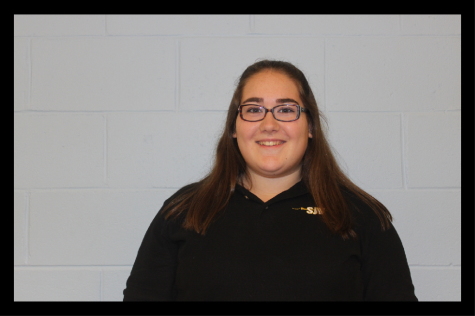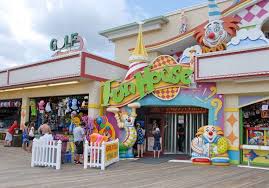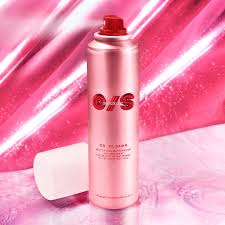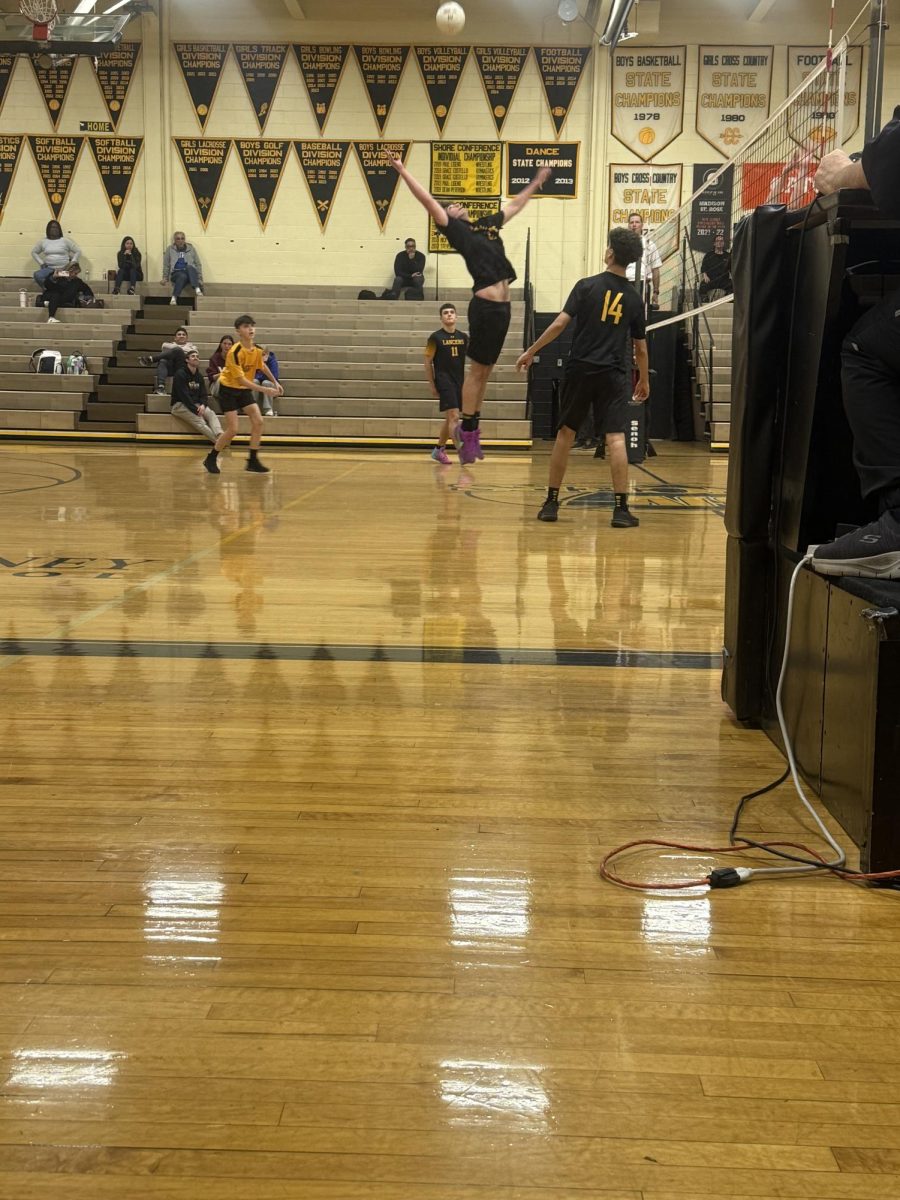Underage Drinking, How Serious is it?
January 21, 2015
In America today, the legal drinking age is 21. However; it is not impossible and in some cases is not even difficult for teenagers, ages 13 to 19, to obtain and consume alcohol. Alcoholnews.org reports that “nearly 80% of high school seniors admit to at least trying a drink, and about 50% report having consumed alcohol in the last month”.
Alcohol the Drug:
“Alcohol is the most commonly abused drug by young people in New Jersey,” explained Angelo M. Valente, executive director of the Partnership for a Drug-Free New Jersey. He explained that “alcohol is also the most frequently used drug by teenagers in the United States.”
So, are these statistics true? After surveying random teenagers, between ages 15 and 18, it seems as though these stats are very accurate. 151 teens said that they have already been drunk in their teenage years, and only 6 teens said that they have never been drunk or even tasted alcohol. So, if this is the deal with our generation, did the influence to drink underage come from our parents? After surveying adults about their teenage years, it is clear that this is not a new problem; however, it is clear that we now have information to help us make different decisions.
Research:
As science teaches us more about how the human body works, we learn more about how alcohol impacts it; and, as we learn more, we change our behaviors accordingly, explained Diane Litterer, executive director of the New Jersey Prevention Network (NJPN). “It’s not that drinking was safe when your parents younger; it’s just that we didn’t know just how dangerous it was,” said Litterer, “It’s like car seats. Most people parents over the age of 25 remember a time before mandatory car seats. Chances are they rode in a car as a baby without being strapped into one. Did that mean they had bad parents? No. They were doing what they thought was best given the information they had at the time. We’ve learned that car seats save lives, and so we make sure that we protect our children by using them. We have the same situation with alcohol,” Litterer explained.
Alcohol and the Brain:
“The research shows that the human brain continues to develop to age 25,” explained Litterer, “alcohol consumption before this time is actually impacting this development and can prevent the brain from reaching its full potential and introducing alcohol to a developing brain can have long lasting effects that we’re still discovering.”
Litterer added, we do know that alcohol affects the hippocampus, the part of the brain involved in long term memory creation and spatial navigation. “Just to be clear,” noted Litterer, “small amounts of alcohol can affect the way the brain develops and large amounts of alcohol can do damage to a developing brain.”
Academics:
“Alcohol consumption has a noticeable effect on a person’s academic performance. Recent studies have shown that those who consume the most alcohol receive the poorest grades.” Litterer explained, “As the average number of drinks consumed by a student over the course of a week increases, that student’s grades go down. Even moderate drinking has a measurable effect.”
Litterer explained, alcohol consumption affects the memory foundation, abstract thinking, problem solving, attention, concentration, and non-verbal perceptions of a student, all which are important parts of their ability to perform well in an academic environment.
“We know that children who drink before age 15 are seven times more likely to develop alcohol abuse problems than those who wait to age 21,” explained Litterer. She added, “ we know how much alcohol affects brain development, and how it also impacts academic performance.”
Why?
So, as teenage writers who refrain from drinking, why do some choose not to drink? Many teenagers drink today to “have fun” and mask their own problems, such as mental illnesses like depression and anxiety, and because they don’t really understand the effects of what the alcohol is doing to their bodies.
Social media definitely has a big influence today in the lives of teenagers, and so does the music they listen to. After reviewing music by popular artists, it is very hard to find a modern artist who does not sing about drinking, drugs, or partying in their music. Popular artists, especially rappers like Nicki Minaj, Drake, Trey Songz, Big Sean, and Kanye West all mention partying and encourage getting drunk in their music. Even Bruno Mars with his new song, Uptown Funk, singing “fill my cup, put some liquor in it”, or Miley Cyrus, in her song, Do my Thang, singing “Only thing we do is think about turning up, turning up” , and you can’t forget about Ke$ha, in nearly all of her music, singing in her hit single, C’mon, “ Feeling like I’m a high schooler, sipping on a warm wine cooler”, and even Ed Sheeran, who has had a very successful year, singing in his very popular song, Don’t, “ Baby bring a lemon and a bottle of gin”. After realizing that 32 artists who have been or are on the Top 100 on ITunes mention alcohol or drugs in their music, the next step was to find who refrained from that.
Taylor Swift, Justin Bieber, Demi Lovato, Fifth Harmony, Shawn Mendes, Austin Mahone, Ariana Grande, and Sam Smith are very big stars who refrain from promoting alcohol in their music. And surprise surprise, Grande and Swift have been fighting for the top spot on the charts. Demi Lovato, a role model for many, shares her opinion on alcohol, “When you turn 21 the first thing you think about is alcohol,” she tells Cosmopolitan for Latinas. “I want to change that. I have fans that are going to turn 21 and I want them to know that there are other ways you can celebrate, not just by poisoning yourself.”
An anonymous teen tells about her experience of under-age drinking through writing from her Tumblr blog, freedomcanmakeyoufeelcontained: “I was told I would be happy, was told that a shot of Absolut would give me the power to lose my anxiety, a sip of beer would give me the power to speak the truth and a chug of Four Loko would give me the power to speak my mind, and the list of what magic these potions would give me goes on. And that happened….. I would be in power and be someone I’ve always wanted to be. Someone who wasn’t me…” She then goes on to tell how drinking only increased her problems and made her realize it was making her worse rather than better: “I would drink to end suffering, when in the end I suffered with every drink I poured.”
Today, most teenagers believe that in pouring a drink and getting drunk will help with their problems or help them to have fun.
Alcohol is a depressant, and it can be found in beer, wine, and hard liquor. Short-term effects, like the ability of being more social, is one effect that makes the use of alcohol popular among the youth, but other effects include slurred speech, nausea and vomiting. Not to mention, the dreaded hangover. Long-term effects can lead to addiction to alcohol, which is a serious issue in today’s society. Many who fall into this addiction become abusive, and can lose everything they have, such as their families, homes, and health. Alcohol causes damage to the liver and the brain, and it can cause even worst effects to a brain that isn’t fully developed, which is another problem with underage drinking.
Binge Drinking:
According to Valente, Binge drinking is the practice of consuming large quantities of alcohol in a single session, usually defined as five or more drinks at one time for a man, or four or more drinks at one time for a woman.
According to Valente, about 90% of the alcohol consumed by youth under the age of 21 in the United States is in the form of binge drinks. Binge drinking can lead to alcohol poisoning that can lead to death. The number of youth that die from alcohol poisoning continues to rise each year.
Significant statistics regarding alcohol use in teens include that about half of junior high and senior high school students drink alcohol on a monthly basis, and 14% of teens have been intoxicated at least once in the past year. Nearly 8% of teens who drink say they drink at least five or more alcoholic drinks in a row”
The Law:
Local lawyer, Vincent Manning, tells how his job affects his opinion on teenage drinking: “Anytime an underage drinking episode leads to people having to contact an attorney, that’s a problem. Either, you’re in trouble or a victim, and I’ve represented both… You know, when you’re at a party and there are people drinking, you don’t know how they’re going to behave…” In the opinion of an adult, with children, drinking in teens has no exceptions and is unjustifiable.
Manning explained that this should not be the logic in teenagers today: “Young people don’t have the experience, I guess you would say, of being intoxicated. They lose their judgement more quickly and seem to swing between extremes more so from anger to depression. And so, you put yourself at risk if you’re a teenage drinker…and if you’re driving as a teenager drinker, you have to be out of your mind.”
Valente, agreed, noting that many municipalities in New Jersey – including Holmdel — have enacted Private Property Ordinances under P.L. 2000 C.33, which is an act concerning possession and consumption of alcoholic beverages by underage people. “There are real and serious consequences to underage drinking,” Valente concluded.





